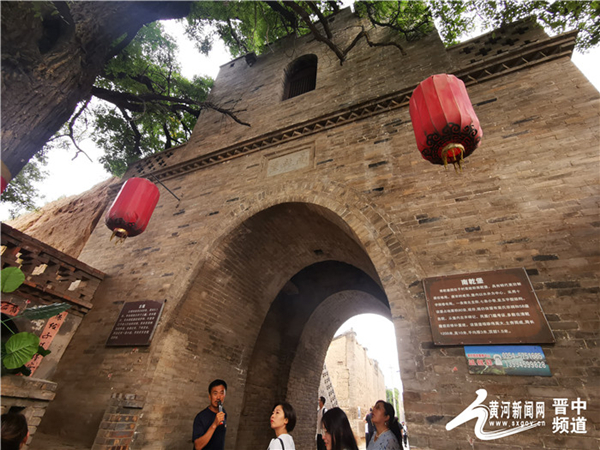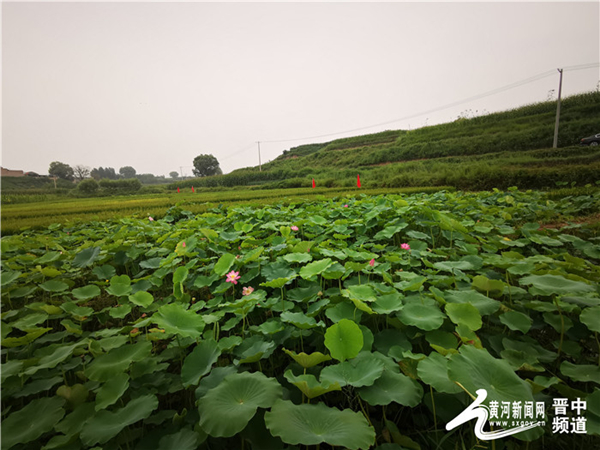News
Rural Pingyao vitalizes on own strengths
Updated:2022-09-01 17:13( chinadaily.com.cn)

Tourists visit an ancient castle in Liangcun village, Pingyao county. [Photo/Yellow River News]
Liangcun village in Pingyao county, North China's Shanxi province, has found a way to expand its collective economy.
Located 6 kilometers southeast of the Ancient City of Pingyao in the county, the village boasts diverse natural resources and strong transportation infrastructure.
In recent years, Liangcun has invested a lot in the construction of infrastructure, supporting facilities for tourism, the protective development of traditional courtyards, road paving, and village lighting.
The village has applied for over 10 million yuan ($1.45 million) in support funds for infrastructure construction of traditional ancient villages, repairing and protecting ancient castles, laying 6,000 square meters of stone pedestrian streets, installing over 5,000 meters of upper and lower water pipes in castles and building a sewage treatment station.
It has hardened 6 kilometers of tourist roads between the central area of the village and Xining and Donghe castles, and established two tourist toilets.
More than 1.5 million yuan has been used to construct a drinking water pool and over 10,000 meters of water pipe networks and drill a deep well in the village to alleviate water shortages.

A lotus pool in Liangcun village [Photo/Yellow River News]
To restore the countryside's natural landscape, in 2019, Liangcun village built a lotus and rice farm covering over 13 hectares.
The village has also revitalized idle homestead resources of local ancient castles. By shareholding and leasing, the village collective economic cooperative has attracted investment to build a cultural tourism project integrating folk cave dwelling accommodation, film and television drama production, and recreation.
This year, the village established Pingyao Liangcun Ancient Castle Development Co to attract private capital. On the basis of its existing 15 homestay operators, the company developed 18 idle courtyards in Donghe Castle, attracting urban visitors.



